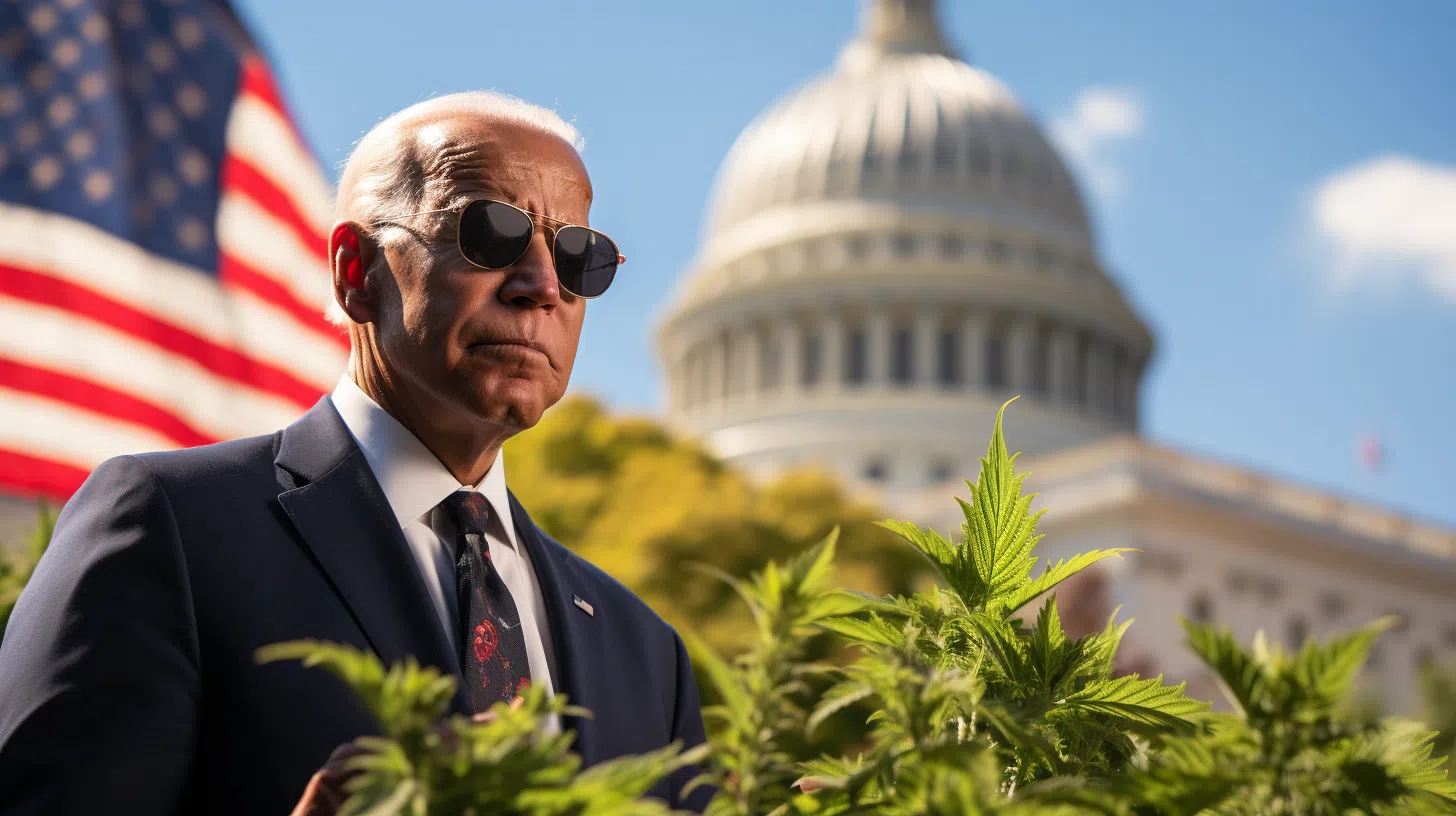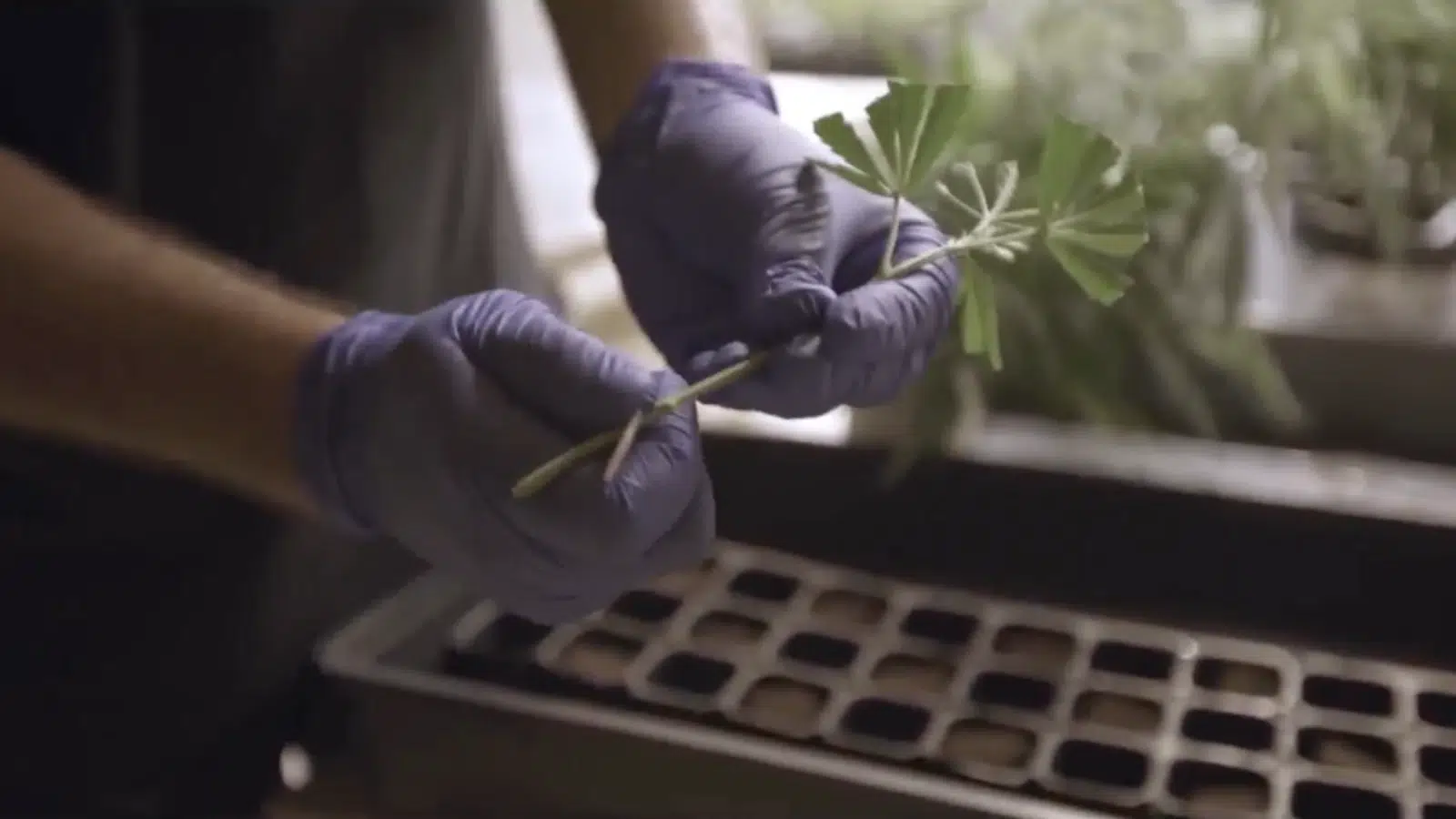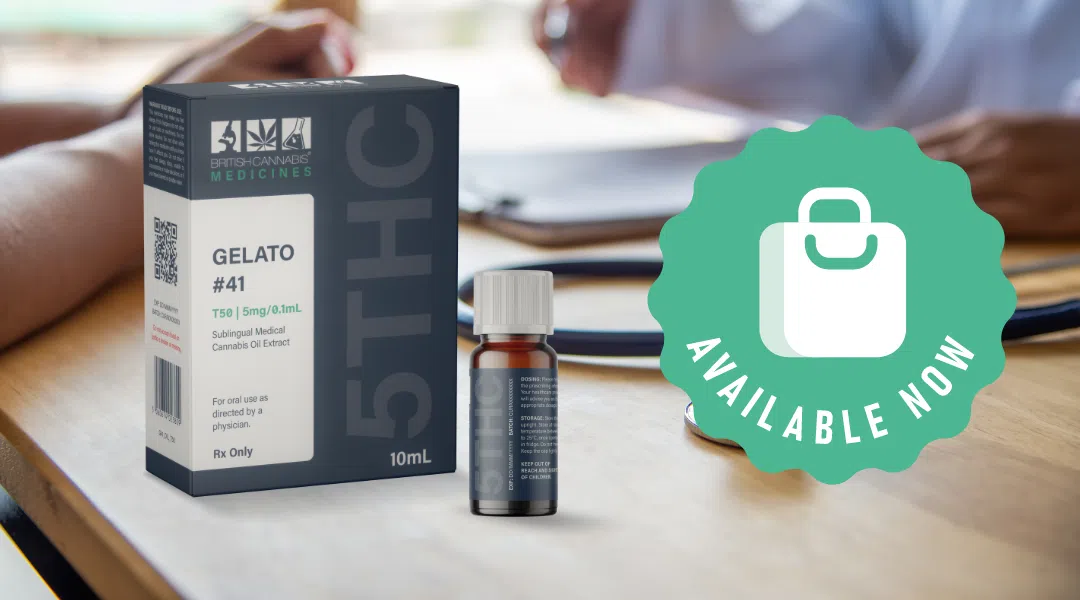
US Health Authorities Advocate for Lower-Risk Classification of Cannabis
A significant turn in US health policies has recently surfaced as top health officials encourage a descending reclassification of cannabis in a bid to align with emerging scientific insights, raising anticipations across research, industry, and consumer communities.
Key Takeaways:
- The US Department of Health and Human Services (HHS) sends a letter advocating cannabis reclassification.
- Cannabis could shift from a ‘high risk’ to a ‘lower risk’ drug.
- The move stimulates hope for extensive cannabis research and commercial development, and reduced consumer stigma.
A hush-hush communication indicated that the HHS urged the Drug Enforcement Administration (DEA) to re-assign cannabis from a Schedule I to a Schedule III categorisation under the Controlled Substance Act (CSA).
This potential reclassification would demote cannabis from being seen as a ‘high-risk’ substance, similar to lethal drugs such as heroin, LSD, and ecstasy. Instead, it might be recognised as akin to FDA-endorsed medications like anabolic steroids, ketamine and Tylenol, hinting at a ‘moderate to low potential for physical and psychological dependence.’
President Joe Biden initiated the proposal ten months ago, that federal establishments reassess the categorisation of cannabis in tandem with his plan to pardon a myriad of cannabis possession-related offenders. The HHS eventually confirmed this move, backing it with ‘data and science’.
Paul Armentano, deputy director of US cannabis advocacy group NORML advises cautious optimism as the DEA will conduct their own review, noting the agency’s “historic opposition” to any major changes in the classification of cannabis.
Implications for the Cannabis Sector
Should the DEA procedurally approve, the cannabis industry is set to experience a major shake-up, says the US Cannabis Council, calling it the ‘most significant’ federal cannabis reform yet. Rescheduling could ease some restrictions hampering extensive research and commercial innovation, while also improving prospects for broader societal acceptance of cannabis use.
Cannabis legalisation, both medically and recreationally, has already reached 38 US states. However, federal restrictions have stymied the building of a robust foundation of therapeutic evidence, limiting research grants and large-scale trials.
The industry, such as banking services access, is also set for a boost. For example, the rescheduling could eradicate the current 280E tax clause on cannabis companies, allowing them standard business tax deductions on federal returns, and paving the way for a public listing on leading exchanges like Nasdaq and the New York Stock Exchange.
Projections show considerable growth in the global sales of licensed cannabinoid treatments, bolstered significantly if this rescheduling propagates, reaching potentially US$1.37 billion by 2027, claims Prohibition Partners.
Stephen Murphy, CEO of Prohibition Partners, noted that this reformation hints at a divide between recreational and medicinal uses of cannabis, opening doors for traditional healthcare and pharmaceutical industries to cater to consumer needs.
What BRITISH CANNABIS™ has to Say:
Although this represents a positive shift, industry insiders caution it is only one small stride towards comprehensive reform. For consumers to benefit, cannabis needs to become entirely de-scheduled and dispensed of from the CSA, notes Katya Kowalski, head of operations at UK drug policy agency, Volteface.
NORML, a longtime advocate for removing cannabis from the CSA altogether, believes reclassification alone cannot bridge the gap between state and federal laws. The eventual goal should be to eradicate cannabis from the Control Substance Act, thereby giving states more freedom in their marijuana regulation, said Armentano.
Overall, this news signals an exciting and progressive pivot in federal cannabis policy, a development that is set to be keenly observed in the coming months.
Sign up for our free weekly newsletter by clicking here for stories like this delivered directly to your inbox.
The news was initially brought to light in an article titled “Top US health officials recommend rescheduling cannabis” on Cannabis Health News.
Share this post
Newsletter







